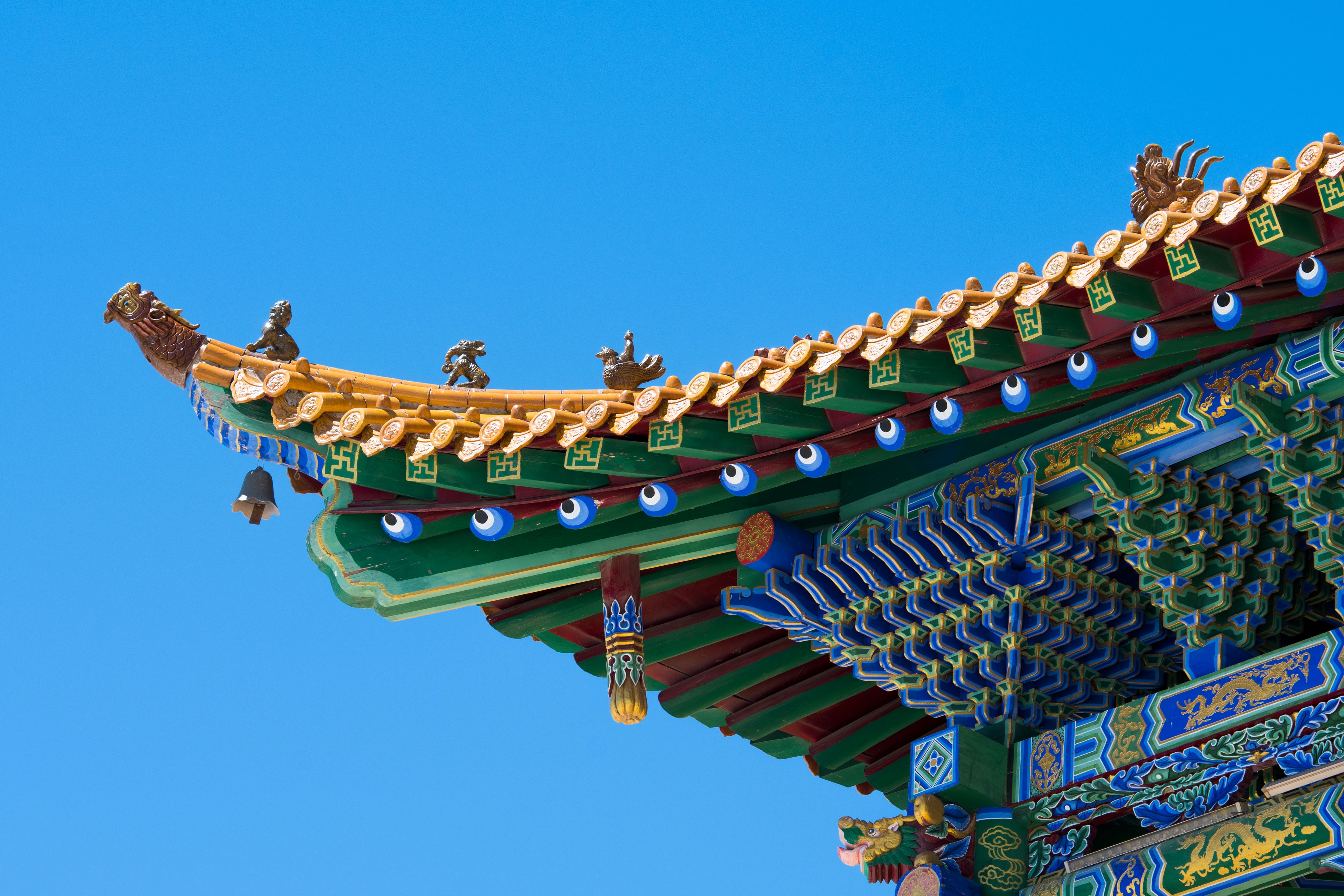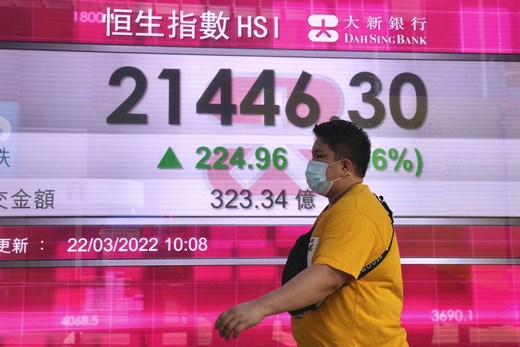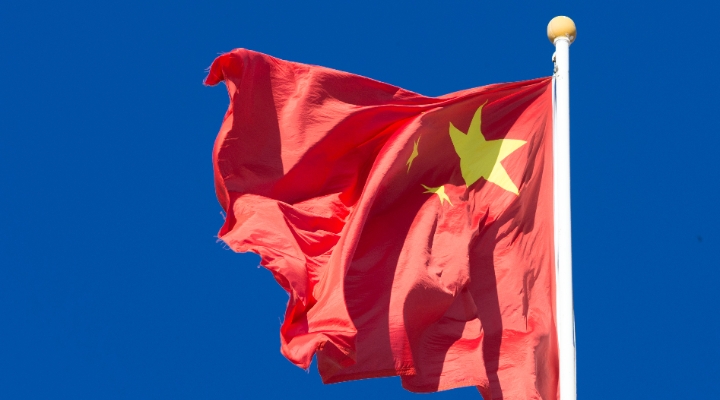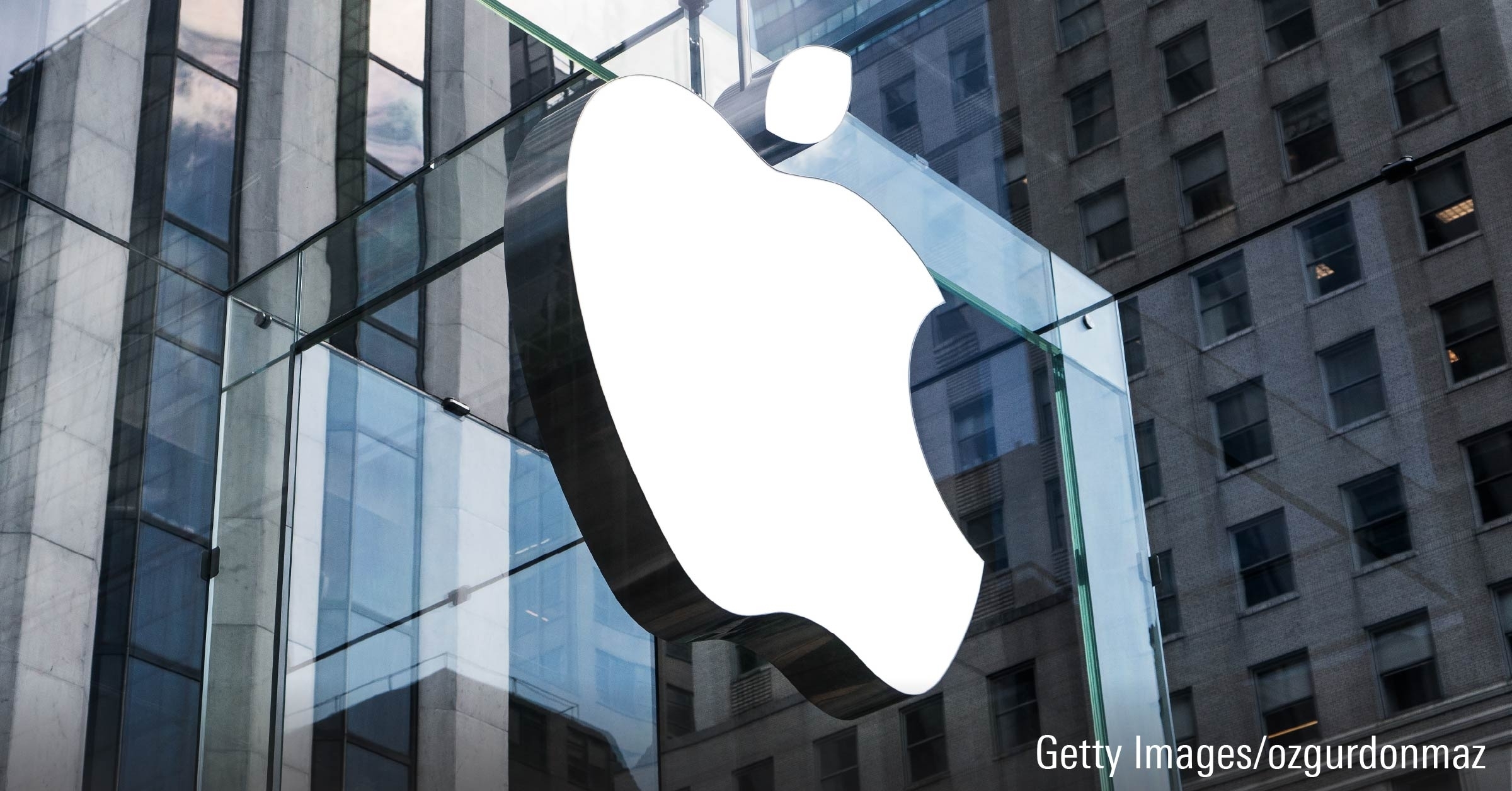Kate Lin: Welcome to Morningstar. The annual earnings reports of Chinese banks have the market concern about slowing loan growth, slimming margins, and rising credit risk. Are state-owned banks better picks than smaller banks? What else can we expect going forward? We have Morningstar's senior equity analyst, Iris Tan, with us today.
Hi, Iris. How are you reading the 2021 fiscal year results of Chinese banks?
Iris Tan: Thanks, Kate. The annual results of the Chinese banks were still pretty solid in general. Industry-wide, the loan growth slowed down in the second half. But large banks saw higher loan growth in the final quarter of last year as the government started policy easing and encouraged banks to channel credits to infrastructure projects. We expect overall industry-wide loan growth to remain strong, especially in the first half of this year, driven by the monetary easing and increased fiscal support to the economy. And the net interest margin was pressured by the loan rate repricing, weaker credit demands and increasing our deposit competition last year. And we expect the net interest margin will continue to face downward pressure this year due to the interest rate cut and weaker credit demands. But overall, we think the contraction in NIM is likely to be smaller than what we saw last year because there is limited room to lower interest rate this time. In terms of the credit quality, we think the credit quality of banks is holding up well despite the property tightening in the second half of last year. Most banks saw lower bad debt ratios and increased provision level even when they lowered the credit costs in 2021.
Lin: Right. So, on the macro side, unlike many other economies, China has adopted loosened monetary policies. Is this concerning for investors? And how does this impact your outlook?
Tan: Yeah. The monetary policy in China is heading towards an opposite direction compared to the rest of the world. We think such policy easing is necessary for China's economy, which is hit by the previous tightening and ongoing covid controls. The market is expecting more policy easing to come to restore the confidence and boost demands. But what we saw from a recent PBOC's movement is that they are reluctant to launch a broad-based credit easing. Rather, they are more reliant on targeted easing to channel credits to selected sectors. We think such a disciplined easing is more effective and should bode well for the economy in the long run.
Lin: Right. So, in this environment, are state-owned banks better picks than smaller banks? What are some of your top China bank picks?
Tan: Yes. Given the current difficult macroeconomic environment, especially in the first half of this year, we think SOE banks are more defensive than smaller banks in general. We like the selected SOE banks due to the following reasons. First, they have cheap valuation and offering high, steady dividend yields. And second, they are likely to achieve faster loan growth in the first half given they are major credit channels for the government's easing into key strategic sectors, including infrastructure, advanced manufacturing, green economy and the rural finance. And our top picks are the Agricultural Bank of China (01288), China Construction Bank (00939), China Merchants Bank (03968) and Postal Savings Bank of China (01658). We like these banks' strong deposit base, high provision level and better credit quality.
Lin: Right. Thank you so much for your insights, Iris. For Morningstar, I'm Kate Lin.











.png)






.jpg)





